Is St Lucia South Africa worth visiting?
St Lucia - South Africa
St Lucia, the gateway to Southern iSimangaliso Wetland Park
Why would you want to visit the tiny town of St Lucia in South Africa? After all, there are sharks, hippos and crocodiles. The beaches are not conducive to swimming, especially after rain and when the estuary mouth is open and the sea is brown. The current is also very strong.
South Africa’s deadliest animal
There was a wide murky swathe of mud when we were there and even if we were allowed to swim I would not have been happy to.
St Lucia is the gateway to the southern end and eastern shores of the iSimangaliso Wetland park which is home to the Big 4. There are no lions but it is quieter than Kruger National Park as they limit the number of people in the park which is vast, and spreads to Kosi Bay. It was time for us to explore the south.
Why you should visit St Lucia
St Lucia is a great base to enter the southern part of iSimangaliso Wetland Park. iSimangaliso is South Africa’s first UNESCO World Heritage Site. It stretches all the way from St Lucia in the south to Kosi Bay in the north.
A popular tourist destination, at least before Covid-19 restrictions, this little village was the most visited town to observe hippos. Lake St Lucia is Southern Africa’s largest estuarine system with a length of 80 kilometres. At its broadest section it is 23 kilometres wide.
It is no wonder that people flocked to this area to see hippopotami as there are over 800 of them. They are even known to walk in the streets of St Lucia at night.
Not to be outdone, there are 1 200 crocodiles as well but we hardly saw any.
Crocodile at Siyabonga Tourism Centre where the boat cruise leaves from
The estuary and wetlands are popular with birders as it hosts large flocks of waders including pelicans, flamingos and ducks.
I would recommend you stay at least 2 to 3 days at St Lucia.
Hippo dung and beetles on the beach at St Lucia
We had spent the night at Bushbaby Lodge and Camping, a really tranquil place.
It was raining as we turned off at Mtubatuba. At first passing commercial forestry plantations soon the road was flanked by lush green subtropical coastal vegetation. A sign on the side of the road warned us to be on the lookout for elephants. As lovely as it would be to see an elephant I was hoping it would not step out in front of us, as it would have been disastrous for us as well as the elephant.
St Lucia estuary - hippo and crocodile boat cruise
We crossed the bridge over the estuary, an iconic symbol to tell you that you have reached St Lucia. The town itself was rather nondescript with a few essential shops such as SPAR, SHOPRITE MINI and OK EXPRESS.
How to get to St Lucia
We drove from Johannesburg which is about 600 kilometres.
The distance from Durban to St Lucia is about 240 kilometres.
If you prefer to fly, landing at King Shaka airport you would need to hire a vehicle to drive to St Lucia which is about 210 kilometres north.
Accommodation in St Lucia
There are numerous options to choose from ranging from budget friendly accommodation to four-star lodges.
As we were towing our caravan we chose to camp for two nights at Sugarloaf campsite, part of Ezemvelo KZN Wildlife. We needed to book in at the office which was separate to the gate and we only realised once the guard at the campsite gate told us we had to retrace our route for 1.5 kilometres where the office was.
The signposts were not the greatest but we should have realised our error when we saw the makeshift sign ‘OFISI’.
Sugarloaf campsite has 92 sites with electricity. The ablution facilities were clean and followed the Covid safety protocols. There is hot and cold water, flushing toilets and separate basins to was laundry and dishes.
There is also a swimming pool.
As we were there during low season and being South African residents over the age of 60, we were given a 20% discount upon producing identification. For two nights for two people we paid a total sum of ZAR 352.00. Now that is budget friendly!
The entire time we were there I think the park had no more than 10% occupancy which meant we were lucky to have a huge area to ourselves although other campers could potentially set up camp right next to us if they wanted to.
There is an overflow campsite called Eden Park a short distance before the gate to Sugarloaf but is only used in high season if necessary.
Because we visited during Covid-19 times in March 2021 not all establishments were open. As with most countries the tourism industry in South Africa is struggling and with far less visitors it has sadly become necessary for some companies to close their doors and employees to be retrenched.
What to do in St Lucia
Relax or walk on the beach.
There are endless stretches of white sandy beach to walk on … but you cannot swim in the sea. Due to strong currents, as well as sharks and even crocodiles, especially when the water is murky, swimming is not advised. I am not sure if that is permanent or if it was because they opened the estuary mouth earlier this year.
Dune of Cape St Lucia - the second-highest vegetated sand dunes in the world
NSRI at St Lucia
Evade crocodiles and walk on the Estuary boardwalk.
Take a short walk on the boardwalk to the beach. Be sure to look out for crocodiles because they often are resting on the sand below the walkway. At the end of the boardwalk head to your right and plough your feet through soft sand towards the mouth of the estuary.
Looking towards the mouth of the St Lucia estuary
It has recently been reopened so the salty seawater and freshwater can mix and the fragile ecosystem can be restored. Apparently the overgrown reeds will be killed by the seawater and the mangrove swamps will be restored.
We did not see any crocodiles on our walk, but apparently they are there.
There is great debate whether it was necessary to open the mouth of the estuary as it has been closed since 2002 with only a brief period of five months in 2007 when it was breached.
Here are three articles worth reading.
Urgency needed to save the St Lucia estuary.
Lake St Lucia Estuary mouth opened. What happens next.
Take a self-drive safari and explore iSimangaliso Wetland Park
Previously known as Greater St Lucia Estuary and Wetlands Park, iSimangaliso Wetland Park was listed in December 1999 as South Africa’s first UNESCO World Heritage site because of its unique ecosystem, biodiversity and natural beauty.
As early as 1895 sections of the park had been declared as a reserve for wildlife.
iSimangaliso means miracle translated from Zulu, and Lake St Lucia is the heart and gateway of that miracle.
Bhangazi Gate - iSimangaliso Wetland Park
At 332 000 hectares it is South Africa’s third largest nature reserve. It spreads along 220 kilometres of subtropical coastline and is the country’s largest protected wetland.
On the western side of the park 14 000 hectares of commercial plantations have been removed and the land is being rehabilitated.
The vision for the park was to establish it as an open ecological area. Historical migratory paths from the Lebombo Mountains in uMkhuze to the coastal plains should once again be used by the wildlife.
There is an entrance and conservation fee payable at the gates. There are two gates close to St Lucia – Dukuduku gate which takes you to the western shores of the lake and Bhangazi gate which takes you to the eastern shores. The eastern part of the park is more developed.
Drive over dunes, across open plains, and through subtropical coastal forests. The scenery alone is worth looking at with some spectacular viewpoints. Some of the wildlife we were fortunate to see were buffalo, giraffe, hippo, rhinoceros, waterbuck and kudu plus a few smaller antelope and of course lots of birds.
Get really close to hippos on a boat tour on the St Lucia Estuary.
Our two-hour boat trip excursion was jam packed with information (and some humour) from our tour guide about the estuary, wetlands, dunes and hippos. He took us close to these dangerous residents of the estuary. Someone in our group had a keen eye and spotted a crocodile on our way back to the jetty. They usually are closer to the bridge.
Don’t forget to look up to the sky and the vegetation on the banks if you are keen on birds. You might spot a few species. We saw quite a few.
Monitor lizard
Spend the day at Cape Vidal Beach.
Cape Vidal Resort has a campsite with 45 sites and log cabin accommodation. This unspoilt beach has a small rocky reef and is a mecca for on shore and deep-sea fishing. You can drive no further than Cape Vidal.
At low tide the beach is a great place for swimming and snorkeling and is only about 33 kilometres from Bhangazi gate. Give yourself at least an hour to get there.
We chose to camp for a few nights which will be covered in another blog.
Drive around the streets of the town of St Lucia and look out for wildlife.
Did you know the hippos regularly stroll around the town at night? I am sure the lush lawns are very tasty for them and easy to get to. Beats using a lawn mower, doesn’t it? Apparently honey badgers scavenge in the trash cans at night too. I did say drive, not walk, didn’t I?
During the day vervet monkeys are adept little thieves and steal food from kitchens while crested guinea fowl peck away at little insects and grubs on the pavements as well.
Restaurants
We heard that dinner at the Ski Boat Club St Lucia was a great place to eat and has a relaxed atmosphere. Because it was situated opposite Sugarloaf Campsite it was ideal for us. On our first night we arrived close to 7pm to find the kitchen was closed which was a disappointment. We had to find dinner in town and luckily it wasn’t too far away – only about 3 kilometres.
There are many different restaurants to choose from and we ate dinner at Braza, a mix of Portuguese and Brazilian flavours. Take note, not all restaurants are open during the Covid restrictions.
The second night we tried our luck once again at The Ski Boat Club and made sure we were there earlier. We just made it in time! I had the fish and chips which was delicious and my husband had the house special pizza which was one of the best he had eaten. Apparently the curry is also delicious, in true KwaZulu-Natal Indian style.
If you eat at the Ski Boat Club during daylight, you will have a view over the estuary albeit limited, because the estuary is overgrown with reeds.
The main street of St Lucia is not long, so it will be easy to find a restaurant
Other excursions to do in the area:
These excursions are offered at additional cost so will depend on your budget and time allocation.
Turtle tours – in season.
Cultural Zulu tours.
Bicycle tours.
Whale watching in season tours.
Deep-sea fishing.
Curio vendors at the beach
Pro Tips:
Stay hydrated. St Lucia, KwaZulu-Natal is in the sub-tropics of South Africa, therefore hot and humid especially in midsummer. Make sure you drink enough water. Remember to wear hats and apply sunblock. Comfortable beach thongs or flip-flops are suitable most of the time and casual light fabric clothes are preferable for this steamy climate.
Malaria
Allegedly there have been no reported cases of malaria for more than 17 years, but it is advisable to contact your health care professional regarding the necessity of malaria medication as iSimangaliso is a low-risk malaria area but can change in the wet months of November to March.
As recommended, we took malaria prophylaxis for Cape Vidal where we spent a few days and therefore St Lucia as well. However we did not see so many mosquitoes, but it only takes one to give you that nasty sting!
It is worth having insect repellent.
Curio vendors at the estuary boardwalk, St Lucia
Have I convinced you that St Lucia is worth visiting? We were glad we did.
Would love a share on Pinterest!
Click on image to save
Let’s meet on Social Media
Booking Accommodation
If this article inspires you to travel it would be greatly appreciated if you book your accommodation via the links on this page. Alternatively take a look at my shop page. When you book it will earn us a small commission at no extra cost to you. This will also assist in keeping Roaming Fox on the go.
Appreciate your support – Alma aka Roaming Fox.
If you would like to leave a comment on my blog, at the end click Subscribe via e-mail to have your say and to receive email notifications of my reply or others regarding that post. Visitors must be logged in to subscribe and this will subscribe visitors to the comment thread, but not my entire blog. I know it’s quite a process, but it helps keep our websites secure. Your email address will not be shared or displayed.
Alternatively, you can comment as a guest without logging in, but you will not be notified of my answer.





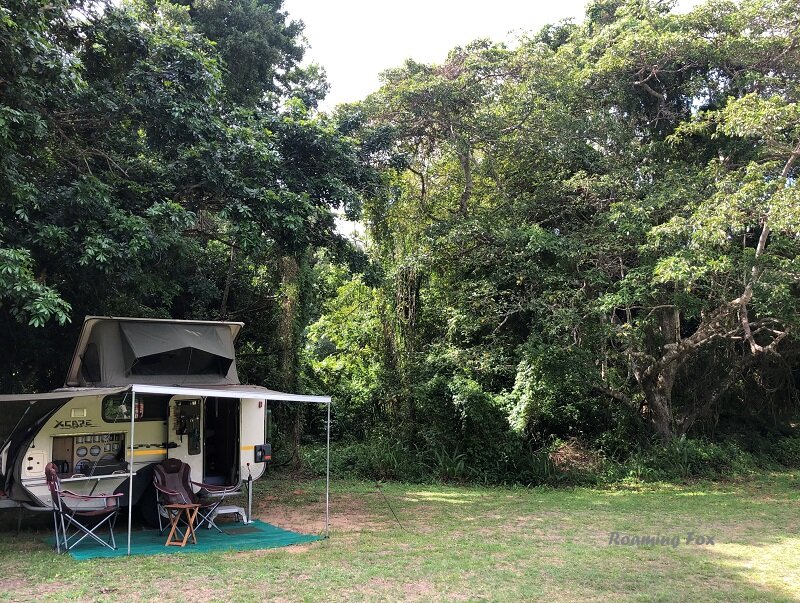








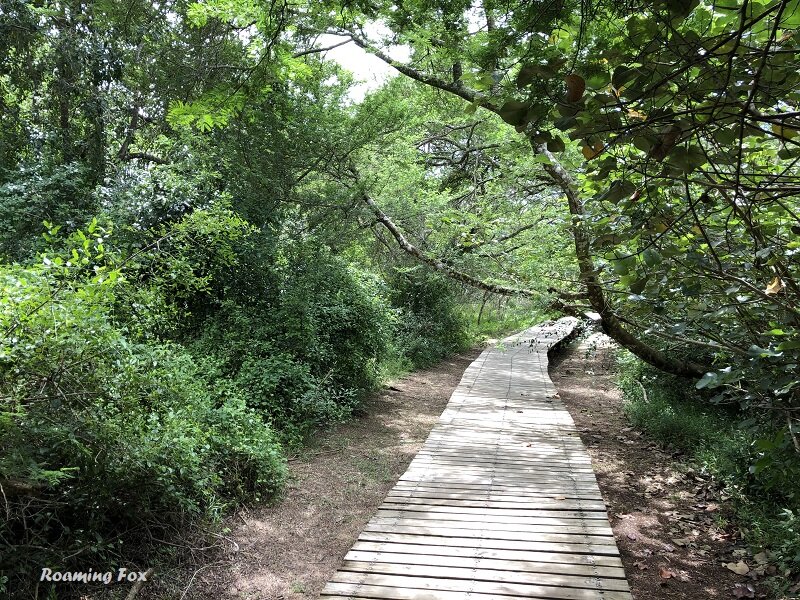


















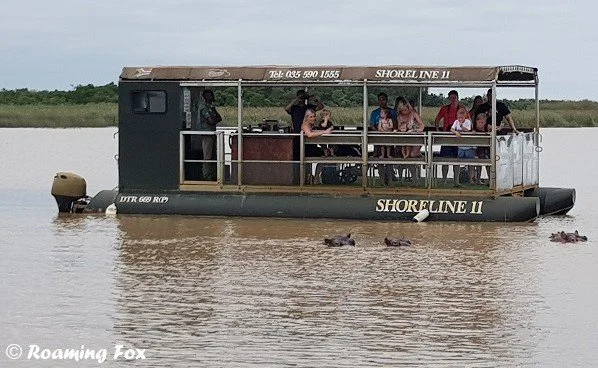

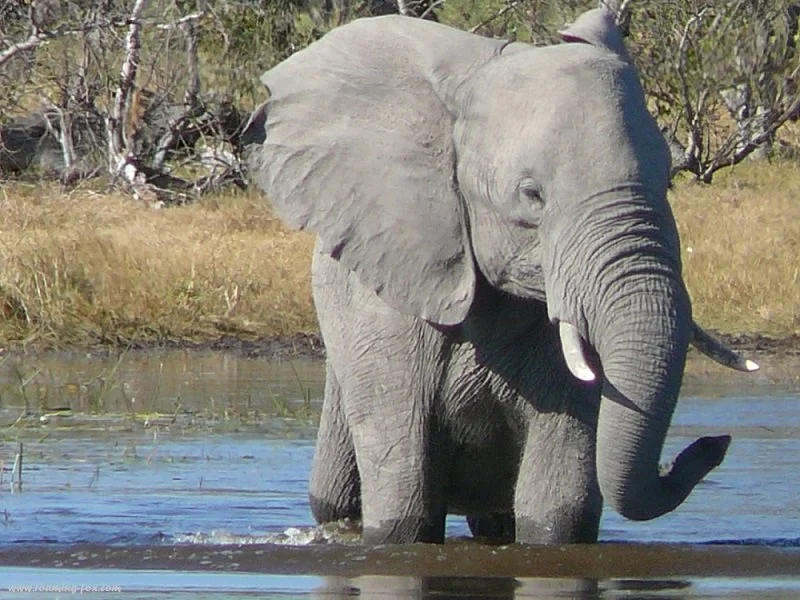
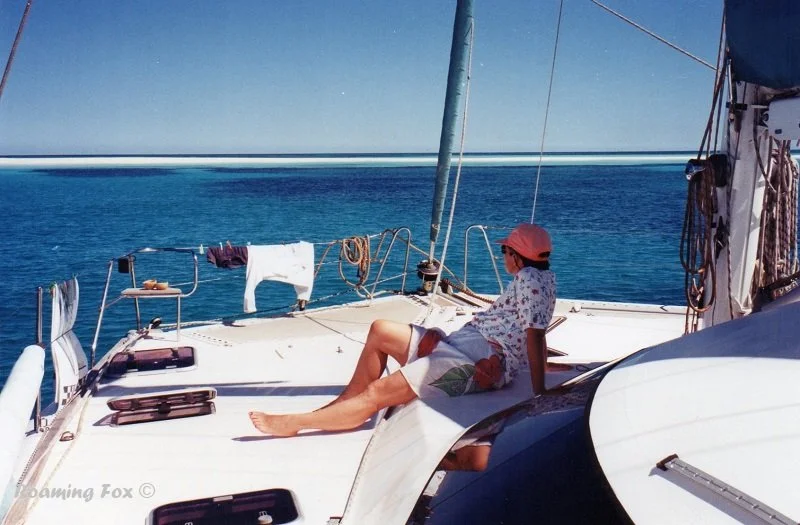

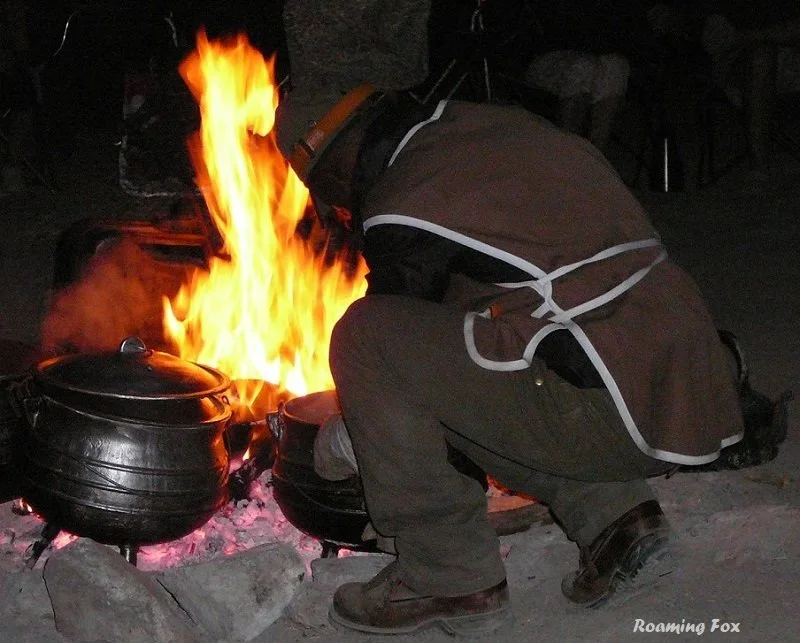

The Best Way to see a country? Take a road trip! Have you ever had that feeling when you hit the open road on your road trip? Freedom. Anticipation. Exhilaration.